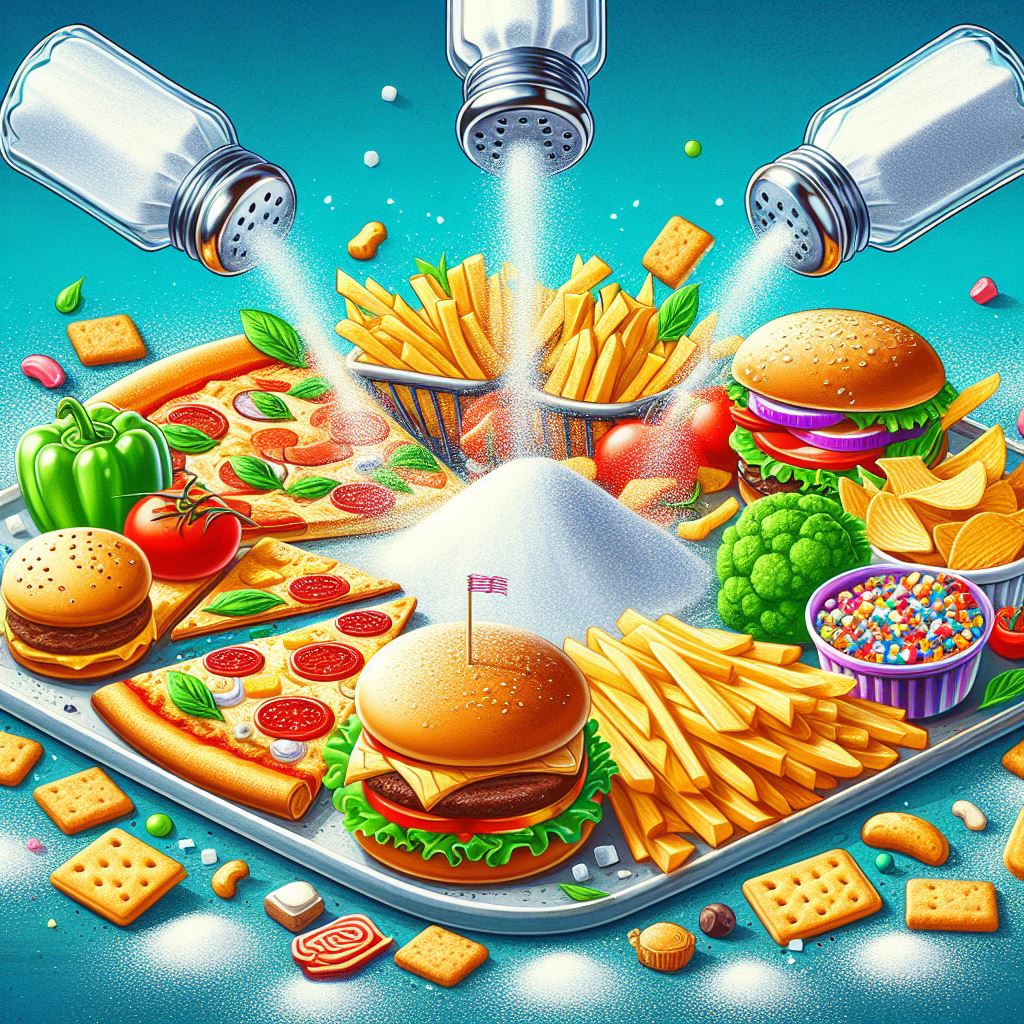Many of us are accustomed to the taste of salt in our food, but having too much salt in your system can have adverse effects on our health.
While sodium is an essential nutrient for muscle and nerve function, as well as fluid balance in the body, overindulging in salt can lead to various signs and symptoms indicating excessive intake.
Often, the effects of consuming too much salt are not felt until it’s too late; however, some subtle signs will indicate that your system has an excess of salt.
Read Also: What happens if you eat onions every day?
You have too much salt in your system when you notice these changes in your body.
1. Increased Thirst: If you find yourself feeling thirsty after consuming salty foods and constantly need to drink more water to balance out your fluid levels, it could be a sign of excessive salt intake.
Dehydration, often caused by excessive sodium consumption, can lead to symptoms such as muscle twitches, confusion, and even seizures.

2. Feeling Bloated: Sodium plays a crucial role in regulating fluid balance, and excess salt intake can result in water retention, leading to bloating.
Research indicates that a high-sodium diet increases bloating compared to a low-sodium diet. To combat this, focus on incorporating more vegetables and whole grains into your diet, as these fiber-rich foods can help reduce bloating.

3. Headaches: Excessive salt consumption can disrupt fluid balance, contributing to headaches. Studies suggest that reducing sodium intake while increasing consumption of fruits, vegetables, and low-fat dairy products can help alleviate headaches associated with sodium intake.
Staying hydrated by drinking plenty of water is also essential to maintain fluid balance and prevent dehydration-related headaches.

4. High Blood Pressure: Excess salt intake is a known risk factor for high blood pressure. Monitoring your sodium intake is crucial if you have hypertension, as sodium helps regulate fluid levels in the blood.
Imbalances caused by excessive salt consumption can damage blood vessel linings, increase the risk of blood clot formation, and elevate the likelihood of experiencing a heart attack or stroke.
To promote heart health, focus on consuming a diet rich in fiber and low in saturated fats.
5. Stomach Issues: Excessive salt intake can also contribute to stomach inflammation, increasing the risk of conditions such as ulcers and stomach cancers.
If you experience symptoms such as stomach pain or discomfort, consider adopting a low-sodium diet to support digestive health and overall well-being.
It’s essential to seek professional medical advice if you experience any concerning symptoms associated with excessive salt intake.
Making dietary adjustments and prioritizing hydration can help mitigate the effects of overindulging in salt and promote a healthier lifestyle in the long run
Kindly Follow us on Facebook



